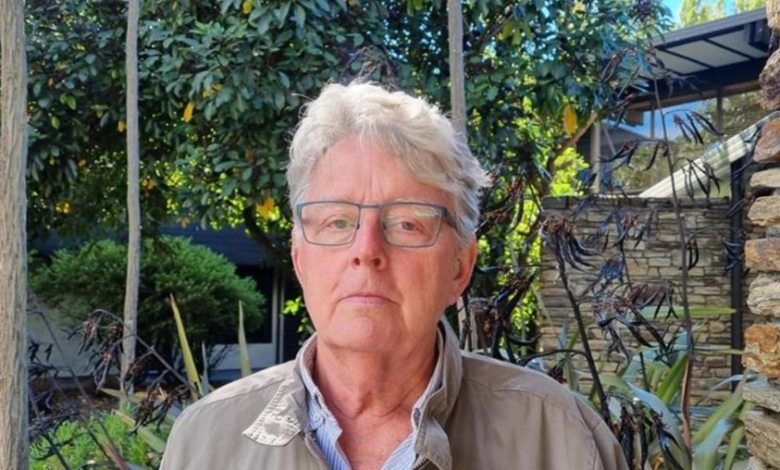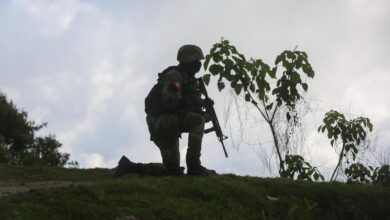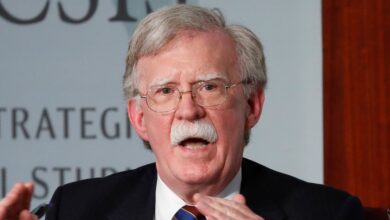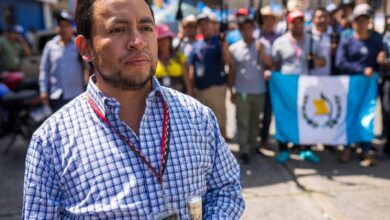Patients suffering as healthcare becomes inaccessible in South Island towns

According to a new report by Health Action Wānaka, some communities in Queenstown Lakes are facing challenges accessing healthcare, with residents having to travel long distances and pay for services that are free in other areas.
The report highlights the struggle of people in the Upper Clutha region who are either forced to leave or opt out of healthcare due to high costs and travel requirements.
With the town’s population expected to grow significantly by 2053, advocates warn that the situation will only worsen without adequate investment in healthcare services.
One resident, Quentin Smith, Deputy Mayor of Queenstown Lakes, shared his experience of having to travel long hours for specialist appointments after injuring his spinal cord in 2008. He emphasized the challenges faced by families in accessing essential healthcare services.
The report, based on input from over 300 community members and local health professionals, paints a concerning picture of unmet needs, financial barriers to accessing care, and inadequate funding for healthcare infrastructure.
Monique Mayze, a spokesperson for Health Action Wānaka, highlighted the struggle of residents who have to travel long distances to reach the nearest emergency department, especially during harsh weather conditions.
The report also reveals that residents are paying for services such as after-hours care, X-rays, and blood collection, which are provided for free in other parts of the country.
Health Action Wānaka has called on the Health Minister to introduce measures such as telehealth consultations, publicly-funded blood collection services, and increased access to radiology services to address the healthcare challenges faced by the community.
Residents like Bernard Fouke, who moved to Wānaka with his wife Susan Ronn, shared their struggles with accessing healthcare services, especially for individuals with disabilities or chronic illnesses.
Dr. Jim Reid, a local GP, expressed concern over the lack of resources in the area, leading to challenges in providing necessary medical services to patients.
Health Action Wānaka is actively seeking solutions to improve healthcare access, including collaborating with local organizations and providers to fund projects that offer specialized services locally and support patients with complex needs.
The group’s efforts aim to address the disparities in healthcare access and ensure that all residents have access to essential medical services without facing financial barriers.
Risk of losing eyesight
Tui Homer, a Glaucoma Endorsed Therapeutic Optometrist, highlighted the dire consequences of patients being unable to afford essential treatments for eye diseases, leading to potential vision loss.
Dr. Reid emphasized the need for better resources and funding to ensure that patients receive necessary medical care without financial constraints.
Health Action Wānaka has extended an invitation to Health Minister Simeon Brown to discuss possible solutions and work towards improving healthcare access in the region.





